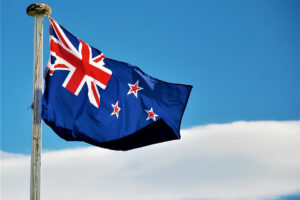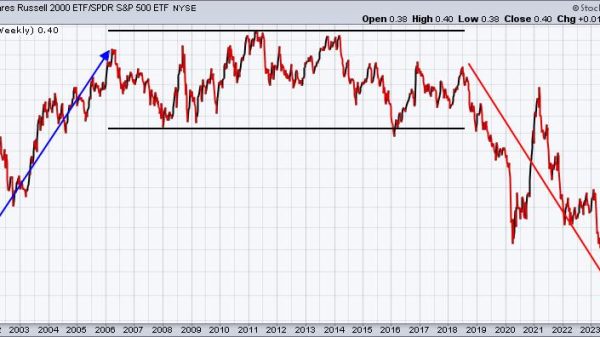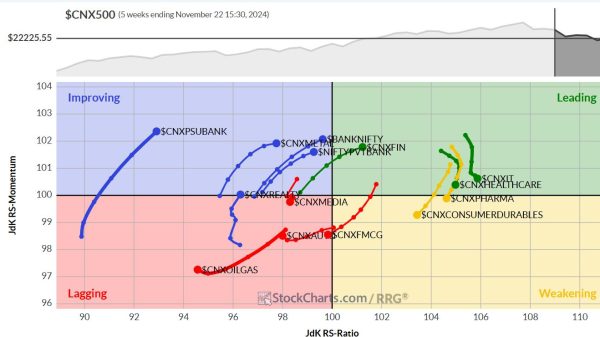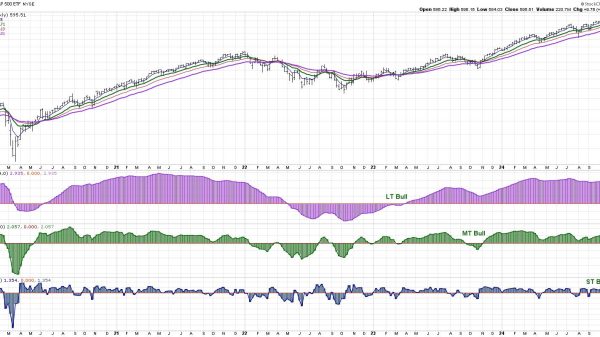The price of groceries could surge by £1.7bn due to the cost of carbon dioxide rising by as much as 3000%, new analysis has shown.
The UK’s food and drink sector could end up footing the mammoth extra bill for liquid CO2 if gas prices remain high, according to research by the Energy and Climate Intelligence Unit (ECIU).
The gas is used in a raft of sectors but particularly in food and drink, including in the slaughter of pigs and chickens, to add fizz to beer and soft drinks, and in packaging foods safely.
Rampant inflation amid the cost of living crisis has caused production of carbon dioxide to be disrupted, leaving industries reliant on the gas impacted by heavy ramifications.
Commercial energy prices across the country have also rocketed over the past year, with the war in Ukraine pushing up costs.
The price of a tonne of liquid CO2 is up to 3,000% higher than it was a year ago, currently as much as £3000 per tonne, compared to just £100 per tonne one year ago, the ECIU said.
As a result, production at a key ammonia site, where CO2 is created as a by-product, was temporarily halted in August.
Its owner CF Fertilisers said: “At current natural gas and carbon prices, CF Fertilisers UK’s ammonia production is uneconomical, with marginal costs above £2,000 per tonne and global ammonia prices at about half that level.”
Fay Jones, MP for Brecon and Radnorshire and chair of the Farming All-Party Parliamentary Group, said: “The price of gas is adding thousands of pounds to families’ energy bills.
“Now, like last autumn, it could affect supplies of CO2 and of fertilisers, and drive up the price of everything from beer to bacon.”
‘It could bring the food and drink system to its knees’
There are now fears that gas prices could rise even further, or that suppliers will be cut off completely, leading to more increases in the price of liquid CO2 or a repeat of last year’s shortage.
It comes as businesses in the food and drink sector are already paying significantly more for energy than even a few months ago.
In the first quarter of 2022, businesses like pubs, farms, and supermarkets paid 71% more for gas than in the first three months of 2021.
Click to subscribe to the Sky News Daily wherever you get your podcasts
Matt Williams, climate and land programme lead at the ECIU, said: “The UK’s reliance on fossil fuels affects more than just families’ energy bills. It could bring the food and drink system to its knees.
“Rising energy costs are creating an extra cost of hundreds of millions of pounds in the food and drink industry that customers may struggle to avoid.
“If high gas prices, or even blackouts, force factories to close it could create real problems for farmers and the food and drink industry.”
Read more:
Price of groceries could go up by £1.7bn as carbon dioxide price surges























